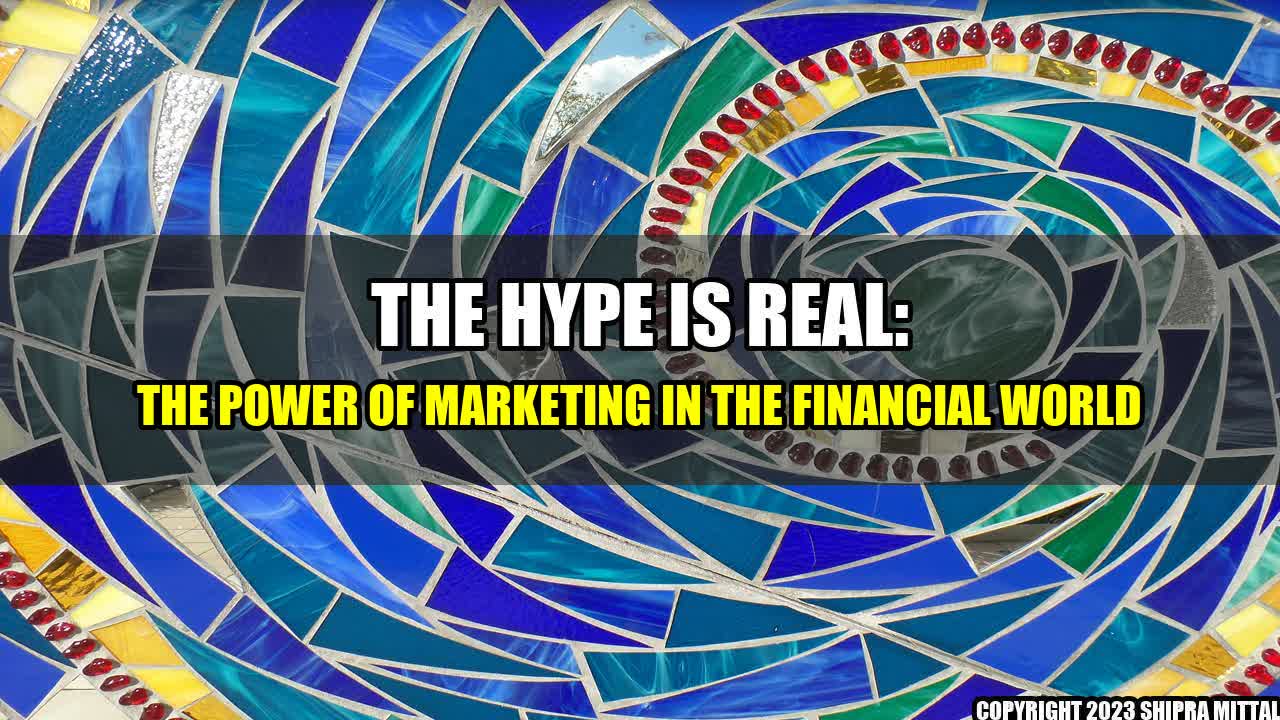
Once upon a time, there was a small company named Tesla. It was founded by a visionary entrepreneur who had a dream of revolutionizing the automotive industry. Despite facing numerous challenges and setbacks, the company managed to create innovative electric cars that were both stylish and environmentally friendly. However, despite its cutting-edge technology, Tesla struggled to capture the attention of the mainstream market. That is, until it came up with a genius marketing strategy.
Tesla realized that in order to drive sales and secure funding, it needed to change the public perception about electric cars. So, it created a powerful brand image that portrayed electric cars as something that was not only good for the environment but also high-performing, sleek, and sexy. It used social media, influencer marketing, and video campaigns to capture the imagination of the masses. And guess what? It worked. Today, Tesla is not only a household name but also one of the most valuable car manufacturers in the world.
The story of Tesla is just one example of how marketing can change the fortunes of a company. In the financial world, hype and buzz play a crucial role in determining the success of an enterprise. Investors and consumers are always on the lookout for the next big thing, and companies that can capture their imagination are the ones that rake in the profits.
Some of the most successful companies in recent times have been those that have mastered the art of marketing. Take Apple, for instance. The tech giant has a cult-like following and its products are known for their sleek design, user-friendly interface, and cutting-edge technology. But what sets Apple apart from its competitors is its ability to create a buzz around its product launches. The company generates months of hype and speculation before it even announces a new product. And when it finally does, the crowds go wild. People line up outside Apple stores for days just to be the first ones to get their hands on the latest iPhone or iPad.
Another company that has leveraged the power of marketing is Amazon. The e-commerce giant is known for its disruptive business model, which has transformed the retail industry. But its success is not just because of its innovative technology or business strategy. Amazon has also managed to create a strong brand identity that resonates with consumers. Its logo, packaging, and advertising campaigns are all designed to reinforce the same message: Amazon is the go-to destination for anything and everything.
Of course, not all companies succeed in their marketing efforts. Some fall flat on their faces, while others fall victim to hype and overpromise. Take WeWork, for example. The co-working space provider was once hailed as a darling of the start-up world, with a valuation of over $47 billion. But it all came crashing down when it became apparent that the company had overhyped its growth prospects and financial performance. WeWork's IPO was a disaster, and the company's co-founder and CEO, Adam Neumann, was forced to resign.
In summary, marketing is a powerful tool that can make or break a company's fortunes in the financial world. Companies that can create a strong brand identity, generate hype, and deliver on their promises are the ones that come out on top.
However, hype can also be dangerous if it leads to overpromising and underdelivering. It is important for companies to maintain transparency and integrity in their marketing efforts, and not to rely solely on buzz to drive sales.
Ultimately, success in the financial world is a combination of many factors, including leadership, strategy, and execution. But marketing is certainly one of the most important pieces of the puzzle.
Tags: #Marketing #Finance #Hype #Branding #Tesla #Apple #Amazon #WeWork
Akash Mittal Tech Article
Share on Twitter Share on LinkedIn